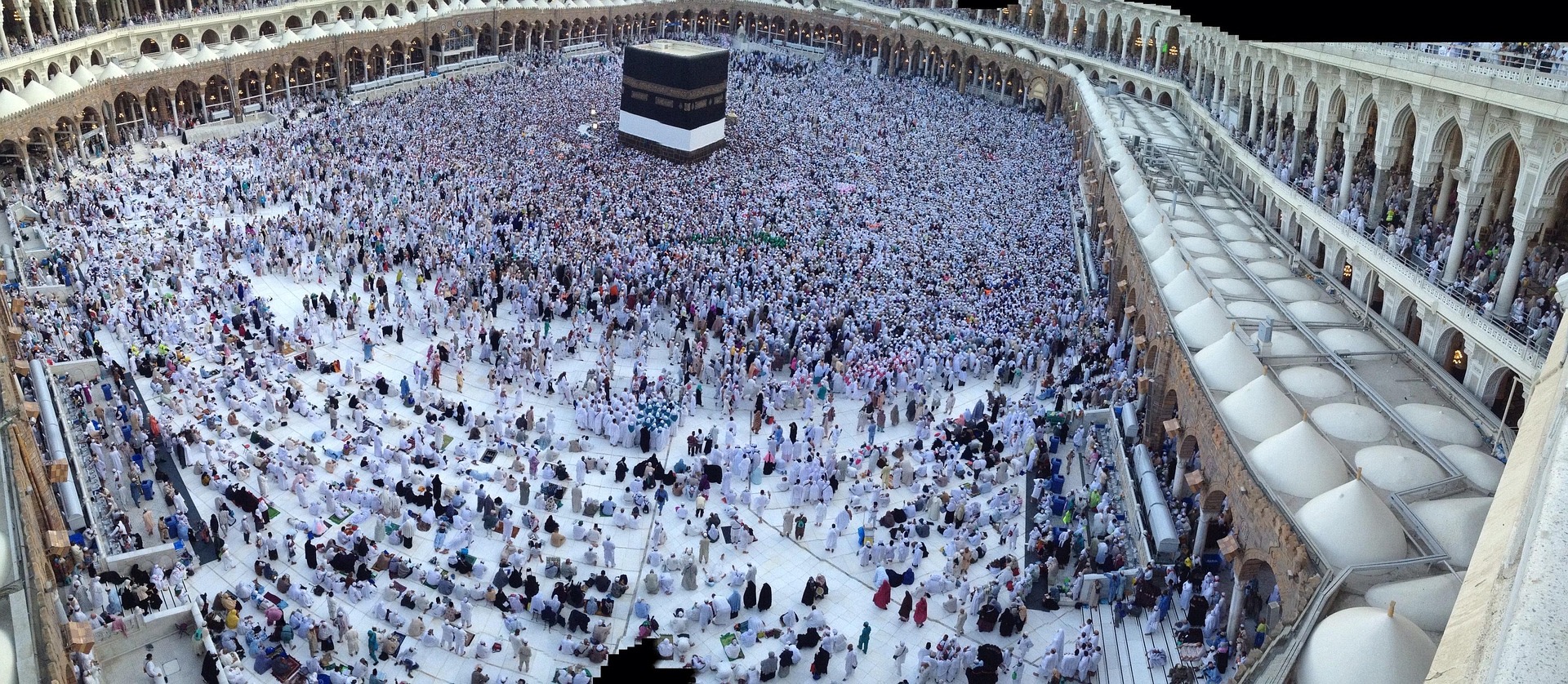
The Last 10 Days of Ramadan:
Jumma tul Wida As the holy month of Ramadan comes to an end, Muslims are looking forward to the most sacred and spiritually significant phase: the final 10 days. These days hold immense significance in Islam, serving as a period for high worship(abadat), contemplation, and seeking closeness to Allah (SWT). As the holy month of Ramadan comes to an end, Muslims are looking forward to the most sacred and spiritually significant phase: the final 10 days. The Quran and the Sunnah of Prophet Muhammad (peace be upon him) provide important instructions for optimizing these important days. Let us explore the significance of this period guided by the teachings of the Quran and Hadith and reflect on the final I’tikaf (spiritual retreat) of our revered Prophet (peace be upon him).
Table of Contents
Jumma tul Wida: The Final Tide of Blessings
Jumma Tul Vida, the last Friday of Ramadan, is a day of both happiness and sadness. It’s time to bid farewell to this holy month and honor the rewards of Ramadan. Presenting Friday Namaaz on this day has special spiritual meaning since it is said that Allah’s blessings wash away the sins and raise the hearts of the followers like soft waves of the ocean. Imagine yourself gazing toward the horizon, where the sky joins the sea from the coast. Have we cleansed our hearts as the sea does? Have we sought pardon with the same agonizing force as a ship negotiates a turbulent sea? This day reminds us of honoring us regardless of how many waves of life we fear—that is, of steadying ourselves in the middle of our prayers and petitions. The last Friday of Ramadan, Jumma tul Wida, is a day that calls both happiness and sadness. This is a chance to honor the gifts of Ramadan and say goodnight to this holy month. On this Friday prayer, the spiritual weight is special since it is said that Allah’s kindness comes down like the soft waves of the sea, cleansing sins and raising the hearts of believers.
Imagine standing on the coast and staring out toward the horizon where the sea joins the sky. Jumma tul Wida is a pause to consider our path across Ramadan. Have our hearts been as pure as the glistening clean ocean waves? Have we asked for pardon with the same will as a ship negotiating heavy seas? This day encourages us to ground ourselves in faith and thankfulness, independent of the seeming turbulence of life.
A Time for Renewal and Transformation
The final ten days of Ramadan constitute a sacred opportunity to rejuvenate our religion (islam), pursue absolution, and effectuate personal transformation. Let us endeavor to replicate the Prophet’s (peace be upon him) dedication and capitalize on this opportunity to approach Allah more closely. While engaged in prayer, reciting the Quran, and offering sincere supplications, may Allah accept our endeavors, absolve our transgressions, and bestow upon us the bounties of Laylat al-Qadr.
May these final ten days serve as a catalyst for spiritual advancement and a foundation for enduring transformation in our lives. Ameen.
Aisha reported: I said, “O Messenger of Allah, if I know which night is the Night of Decree, what should I say during it?” The Messenger of Allah, peace and blessings be upon him, said, “Say: O Allah, You are pardoning. You love to forgive, so forgive me.”
Source: Sunan al-Tirmidhī 3513
The Prophet’s Example in the Last 10 Days
During the final ten days of Ramadan, the Prophet Muhammad (peace be upon him) displayed the highest dedication and reverence. “When the last ten nights of Ramadan would begin, the Prophet (peace be upon him) would tighten his waistcloth (i.e., strive hard in worship),” his wife, Aisha (may Allah be pleased with him), said, “spend the night in worship, and wake his family.” (Sahigh Bukhari) Reference–Sahih al-Bukhari 2024 Book 32, Hadith 11
This Hadith emphasizes three main Prophet (peace be upon him) daily habits throughout these golden days:
He would commit himself totally to prayer, Quran reading, and memory of Allah.
Seeking Allah’s pleasure and pardon, he would spend the whole night in prayer.
He would wake his family to pray with him so they would also gain from the blessings of these evenings.
The Final I’tikaf of the Prophet (peace be upon him)
A spiritual return to the mosque, etikaaf, is one of the most important acts of prayer during the final ten days wherein the individual completely isolates himself to concentrate on worship and contemplation. The Prophet (peace be upon him) regularly engaged in etikaaf during the last ten days of Ramadan, and in his final year, he underlined its importance and extended this practice to twenty days. Aayasha (may Allah be pleased with him) said: “The Prophet (peace be upon him) regularly remained in the funeral pyre during the last ten days of Ramadan until his death, after which his wives continued this practice.” The final funeral of the true Prophet (peace be upon him) provides a powerful reminder to emphasize our relationship with Allah, especially during these holy days. This is a rule to turn away from the worldly passions and do complete worship, reading Quran and praying with devotion.
Conclusion
Jumma Tul wida holds an important place in the hearts of Muslims across the world, which marks the end of a month-long spiritual festival. This day promotes communal unity, unites Muslims in mosques and homes, brings together people with devotion and a common purpose.This day serves as a reminder to maintain the lessons of Ramadan and carry its light into the future.
